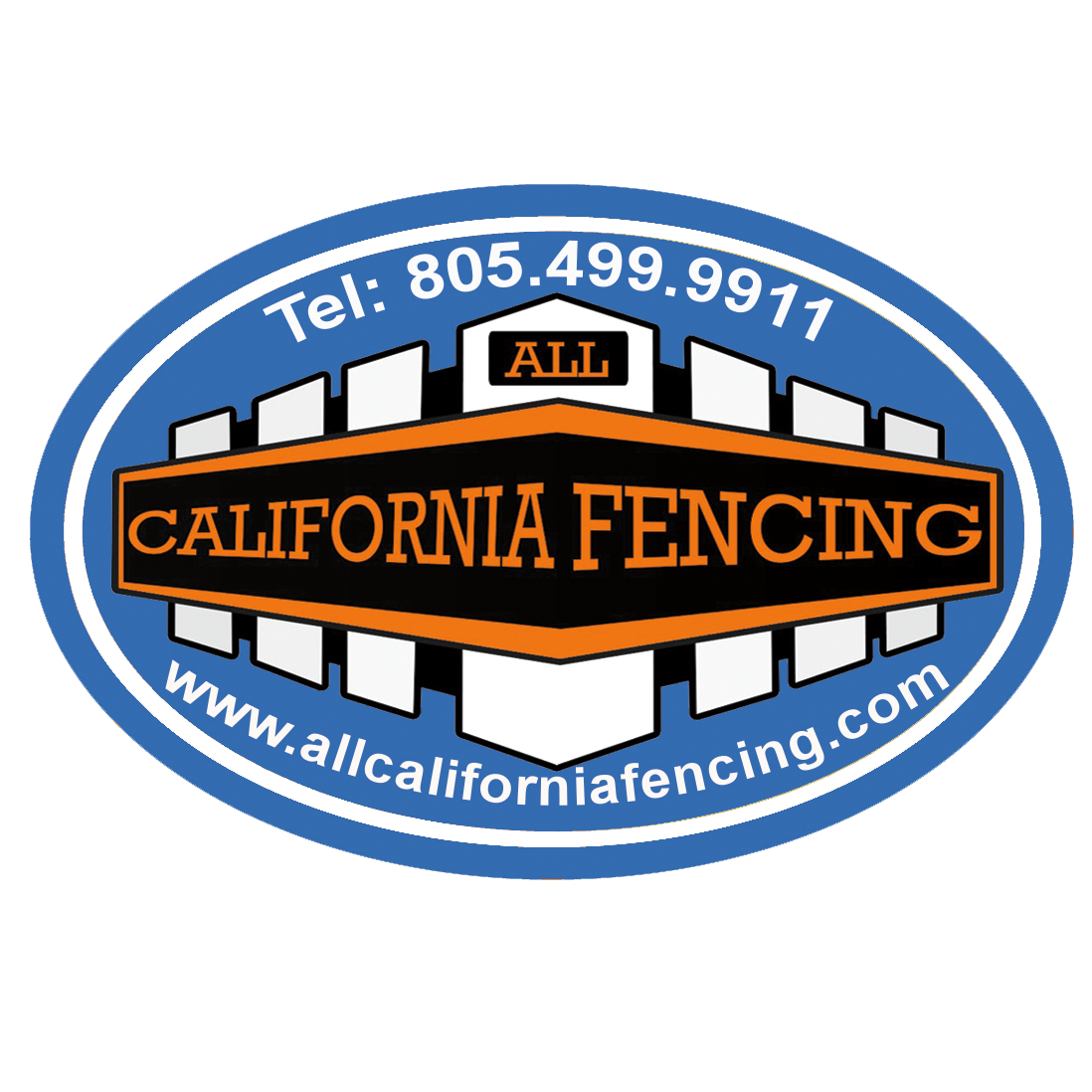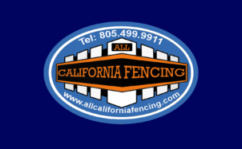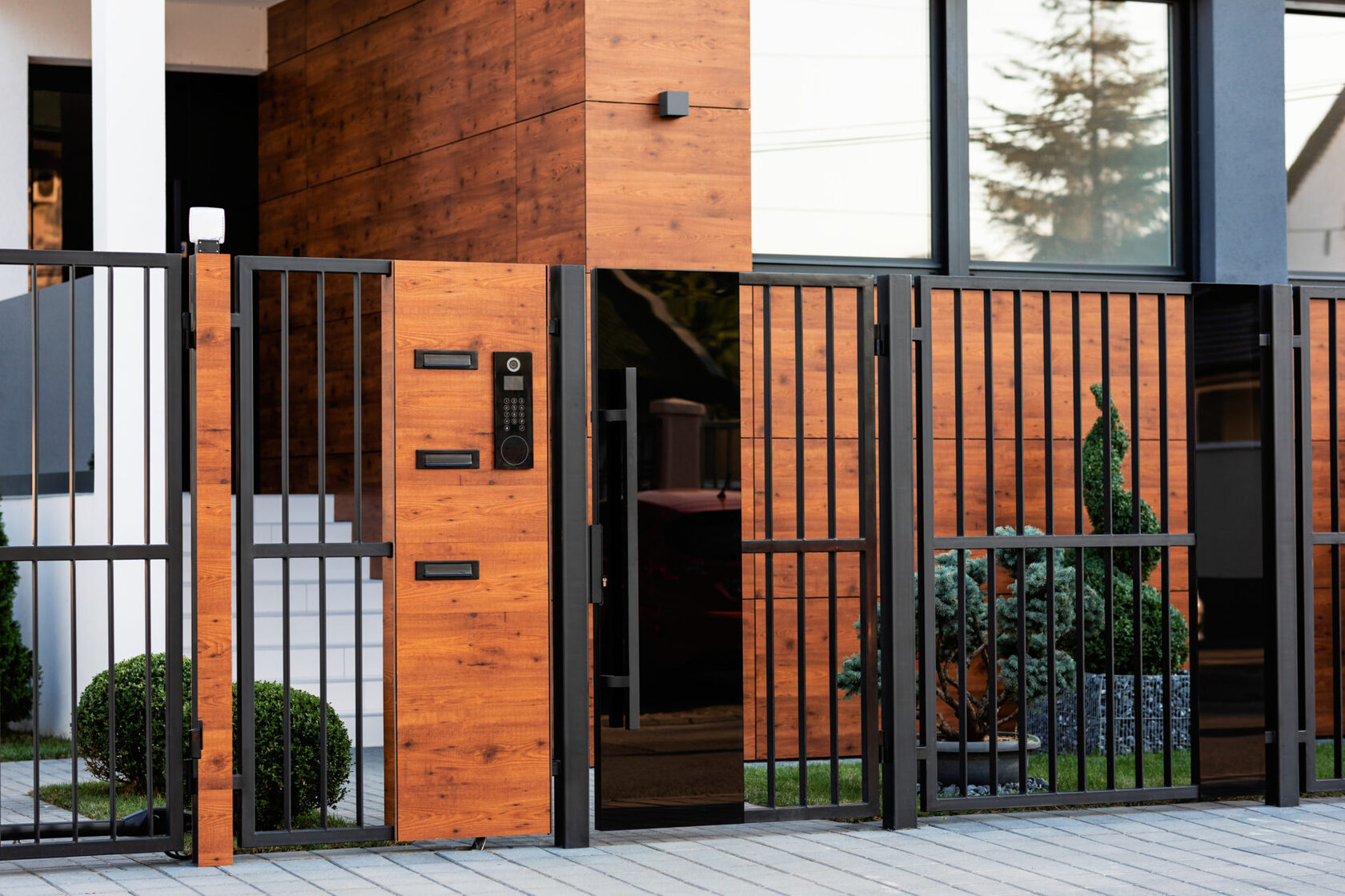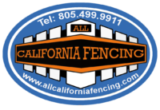Is it better to do it yourself or hire a professional for aluminum fence installation? If you’re considering adding an aluminum fence to your property, it’s important to weigh the factors and make an informed decision. We’ll cover everything from choosing the right fence for your property to the advantages of aluminum fences, as well as providing a step-by-step guide for DIY installation and discussing the benefits of hiring a professional. So, let’s dive in and explore the world of aluminum fence installation!
Choosing the Right Aluminum Fence for your Property
When it comes to choosing an aluminum fence for your property, there are important factors to consider. The size and style of your property should play a significant role in your decision-making process.
Firstly, consider the size of your property. If you have a large area to enclose, you may need a taller and more robust aluminum fence. On the other hand, for smaller properties, a shorter fence could be sufficient.
Secondly, think about the style of your property. Does it have a traditional or modern aesthetic? Look for aluminum fence options that complement the overall style of your property.
In addition to considering these factors, it’s important to choose an aluminum fence that is durable and low maintenance. Look for fences that are resistant to rust and can withstand extreme weather conditions. These features will ensure the longevity of your fence and save you from costly repairs or replacements in the future.
Benefits of Installing an Aluminum Fence
When it comes to securing and enhancing the privacy of your property, installing an aluminum fence is a popular choice. Here are some of the key benefits:
1. Resistance to Rust and Extreme Weather
One of the major advantages of aluminum fences is their resistance to rust. Unlike iron fences, which are prone to rust over time, aluminum fences are built to withstand even the harshest weather conditions. This makes them perfect for areas with high humidity, extreme temperatures, or salty air.
2. Enhanced Security
An aluminum fence can significantly increase the security of your property. With its robust construction, it acts as a strong physical barrier, discouraging trespassers and preventing unwanted access. It also provides a clear boundary, making it easier to monitor and control access to your property.
3. Improved Privacy
Privacy is a key consideration for many homeowners. Aluminum fences can be designed with features like tightly spaced or overlapping pickets, height configurations, and added privacy panels to ensure maximum privacy. This creates a secluded and comfortable environment within your property.
4. Low Maintenance
Aluminum fences are known for their low maintenance requirements. Unlike other materials such as wood or wrought iron, aluminum fences do not need regular painting or staining. They are resistant to fading, cracking, and peeling, ensuring that your fence maintains its appearance with minimal effort.
5. Durability
Aluminum fences are built to last. They are designed to withstand years of use and exposure to the elements without deteriorating. Unlike wood, aluminum fences are not susceptible to rotting, warping, or insect damage, ensuring that your fence remains strong and intact for years to come.
Considering these benefits, it’s no wonder why aluminum fences are a popular choice for homeowners. Whether you value security, privacy, durability, or low maintenance, an aluminum fence can provide all these advantages and more for your property.
Factors to Consider Before Installing an Aluminum Fence
Before diving into the installation process, there are a few key factors you should consider:
Check Local Regulations and Obtain Necessary Permits
Before installing an aluminum fence, it’s crucial to check your local regulations regarding fence installation. You may need to obtain necessary permits or adhere to specific guidelines, such as height restrictions or setback requirements. Ignoring these regulations could result in fines or even having to remove the fence.
Consider the Purpose of the Fence
Think about why you want to install the fence. Do you want it for privacy, security, or simply to enhance the aesthetic appeal of your property? Knowing the purpose will help guide your decisions on height, design, and other features.
Assess Your Budget
Installing an aluminum fence is an investment, so it’s essential to assess your budget before making any decisions. Consider the cost of materials, as well as any additional expenses such as labor or accessories. Knowing your budget will help you determine the type and quality of aluminum fence that best suits your needs.
Choose the Height and Design
The height and design of your aluminum fence will depend on various factors, including your preferences and the purpose of the fence. Consider how much privacy or security you require, as well as the style of your property. Take into account any specific neighborhood or homeowner association requirements as well.
- Measure the height requirements for the fence based on your needs and local regulations.
- Think about the spacing of pickets or slats to ensure adequate privacy or security.
- Consider decorative elements, such as finials or ornamental designs, to enhance the overall look.
By considering these factors before installing your aluminum fence, you can ensure that the final result meets your expectations and complies with any necessary regulations.
Preparing the Ground for Aluminum Fence Installation
Before installing an aluminum fence, it is important to properly prepare the ground to ensure a stable and secure installation. Follow these steps to prepare the ground for your aluminum fence:
Clear any debris or vegetation
Start by clearing the area where the aluminum fence will be installed from any debris or vegetation. Remove any rocks, branches, or other objects that may obstruct the fence line.
Ensure the ground is level and compacted
Next, make sure the ground is level and properly compacted for a stable installation. Use a level to check if the ground is even and make necessary adjustments. Compacting the soil with a hand tamper or a plate compactor can help create a solid foundation for your fence.
By properly preparing the ground, you can ensure a smooth and successful aluminum fence installation that will last for years to come.
Tools and Materials Needed for DIY Aluminum Fence Installation
When installing an aluminum fence yourself, there are several tools and materials you will need to ensure a successful installation:
- Tape measure: Used to accurately measure the dimensions of your property and determine the placement of the fence panels and posts.
- Level: Helps ensure that your fence is straight and level during the installation process.
- Post hole digger: Used to dig the holes for the fence posts. Make sure to choose the right size for your posts.
- Aluminum fence panels: These make up the main body of your fence. Choose panels that are appropriate for the size and style of your property.
- Posts: The posts provide the structural support for the fence. They should be strong and long enough to securely hold the panels in place.
- Gate hardware: If you plan to include a gate in your fence, you will need the necessary hardware, such as hinges and latches, to install it properly.
Step-by-Step Guide to DIY Aluminum Fence Installation
Installing an aluminum fence on your own can be a rewarding and cost-effective project. Follow these step-by-step instructions to ensure a successful DIY aluminum fence installation:
1. Start by marking the fence line
Use a tape measure and stakes to mark where the fence will be installed. Make sure to accurately measure the length and width of your property for precise placement.
2. Dig post holes
Using a post hole digger, dig holes at intervals along the fence line, typically 6 to 8 feet apart. The depth of the holes should be at least one-third of the height of the fence posts.
3. Set the posts
Place a fence post in each hole and fill the hole with concrete. Ensure that the posts are level and plumb, using a level and tamping the concrete to secure them in place.
4. Attach the fence panels
Once the concrete has dried, start attaching the aluminum fence panels to the posts. Secure them using screws or brackets, following the manufacturer’s instructions.
5. Install the gate
If you have a gate, follow the manufacturer’s instructions to install it. Make sure it is level and secure, and that it opens and closes smoothly.
6. Check for stability
Once all the fence panels and gate are installed, double-check the stability of the entire fence. Make sure all the panels are secure and level, adjusting as necessary.
7. Finishing touches
Lastly, clean up any debris around the fence, trim any excess material, and make sure all the hardware is tightened and properly aligned.
Remember, if you’re unsure about any step of the installation process, consult the manufacturer’s instructions or consider hiring a professional for assistance.
Hiring a Professional for Aluminum Fence Installation: Is it Worth It?
Installing an aluminum fence can be a complex and time-consuming task. While some homeowners may prefer to take on the challenge themselves, hiring a professional for aluminum fence installation can offer numerous advantages.
First and foremost, professionals have the experience and expertise in installing aluminum fences correctly and efficiently. They are familiar with the necessary steps and techniques to ensure a secure and long-lasting installation. By hiring a professional, you can have peace of mind knowing that your fence will be installed properly.
Time is another factor to consider when deciding between DIY and professional installation. Installing an aluminum fence can be a time-consuming process, especially for those who are not familiar with the required steps. By hiring a professional, you can save valuable time and focus on other tasks.
Furthermore, a professional installation can result in a more professional-looking finished product. Professionals have the tools and skills to ensure that the fence is level, straight, and visually appealing. This can greatly enhance the overall aesthetic appeal of your property.
While hiring a professional may involve an additional cost, it can provide better quality and warranty compared to a DIY installation. Professionals have access to high-quality materials and may offer warranties on their workmanship. This can give you added reassurance and protection for your investment.
Ultimately, whether to hire a professional for aluminum fence installation depends on your skill level, available time, and desired outcome. If you have the necessary skills and equipment, and are willing to invest the time and effort, DIY installation can be a cost-effective option. However, if you value efficiency, expertise, and a professional finish, it may be worth considering hiring a professional for your aluminum fence installation.
Comparing DIY and Professional Aluminum Fence Installation
DIY installation can be a cost-effective option for installing an aluminum fence. It allows you to save money on labor costs and gives you the satisfaction of completing the project yourself. However, there are a few factors to consider before deciding whether to install the fence on your own or hire a professional.
Quality and Warranty:
Professional aluminum fence installers have the expertise and experience to ensure a high-quality installation. They are familiar with the best techniques and can address any challenges that may arise during the process. Additionally, hiring a professional may come with a warranty that covers any potential issues with the installation.
On the other hand, DIY installation may not guarantee the same level of quality. Mistakes in measurements or improper installation techniques can result in an unstable or poorly functioning fence.
Time and Convenience:
Installing an aluminum fence yourself requires time and effort. You need to gather the necessary tools, research the installation process, and dedicate the time to complete the project. If you have the skills and available time, DIY installation can be a rewarding experience.
However, if you have a busy schedule or lack the necessary skills, hiring a professional can save you time and provide convenience. Professionals have the equipment and knowledge to complete the installation efficiently, allowing you to focus on other tasks.
Desired Outcome:
Consider your desired outcome when deciding between DIY and professional installation. If you have specific design preferences or complex property requirements, a professional installer can ensure that your needs are met. They can offer guidance and expertise in selecting the right fence style and height for your property.
On the other hand, if your property has simple requirements and you are confident in your DIY skills, installing the aluminum fence yourself can be a viable option.
Ultimately, the choice between DIY and professional installation depends on your skill level, available time, and desired outcome. Consider these factors and weigh the pros and cons before making a decision that best suits your needs.
Tips for Maintaining and Repairing your Aluminum Fence
Keeping your aluminum fence well-maintained is important to ensure its longevity and appearance. Here are some tips for maintaining and repairing your aluminum fence:
1. Regularly inspect your aluminum fence:
Take the time to inspect your aluminum fence at least once a year. Look for any signs of damage, such as loose or missing screws, bent pickets, or rust spots. By catching these issues early on, you can prevent them from becoming larger problems.
2. Clean your aluminum fence:
To remove dirt, dust, and stains from your aluminum fence, simply wash it with mild soap and water. Use a soft cloth or sponge to gently scrub the surface. Avoid using harsh chemicals or abrasive materials, as they may cause damage to the finish.
3. Touch up any scratches or chips:
If you notice any scratches or chips on your aluminum fence, you can easily touch them up with paint or a touch-up pen that matches the color of your fence. This will help to prevent further corrosion and keep your fence looking its best.
4. Secure loose components:
If you find any loose screws or hardware on your aluminum fence, tighten them to ensure the stability of the fence. Pay attention to gate hinges and latches, as they may require adjustment or lubrication over time.
5. Trim vegetation around the fence:
Vegetation growing near your aluminum fence can cause damage over time. Regularly trim any plants, vines, or shrubs that are in close proximity to the fence. This will prevent them from rubbing against the fence and causing scratches or dents.
By following these maintenance tips, you can keep your aluminum fence looking beautiful and functioning properly for years to come.
Conclusion
In conclusion, whether you choose to install an aluminum fence yourself or hire a professional, it’s important to carefully consider various factors such as your property’s size, style, and regulations. Aluminum fences offer numerous benefits including durability, low maintenance, increased security, and privacy. DIY installation can save you money, but hiring a professional ensures a correct and efficient installation. Ultimately, the choice between DIY and professional installation depends on your skill level, available time, and desired outcome. Whichever route you choose, remember to regularly inspect and maintain your aluminum fence to keep it in optimal condition. With the right care, an aluminum fence can enhance the beauty and functionality of your property for years to come.













